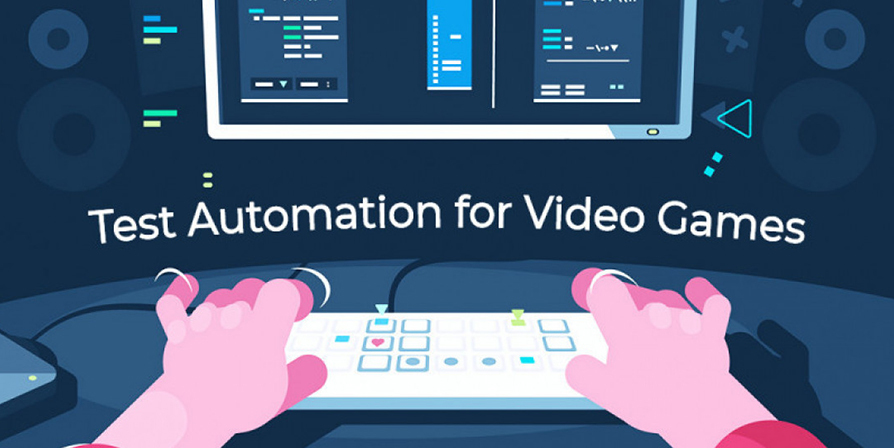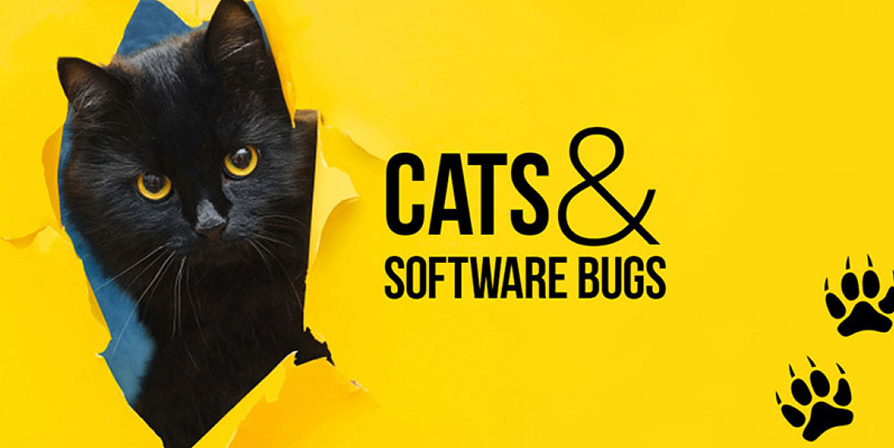
How a QA engineer should prepare for a technical interview: Do’s & Don’ts
Having a technical interview is quite a stressful event for both juniors and seniors. However, while in the case of the latter, a resume with previous work experience will tell you a lot, less experienced professionals have to do their best to make the perfect impression.
Thus, we have talked to our colleagues who most often conduct technical interviews and found out what to expect, how to prepare best, and what to avoid.
Create a detailed resume
At the first stage, a recruiter who looks through the resume might not understand the technical nuances and allows a candidate who seems to have the necessary skills, experience, and other qualifications to pass the interview. On the other hand, the project manager, who will most likely conduct a technical interview, will pay attention to all the details and ask a lot of tricky questions to understand whether the candidate is suitable for the job.
Do: write in detail about your work experience: project description, role in the team, and provide a brief retrospective (without violating NDAs or other agreements with previous companies). If you don’t have any experience, make a detailed tools description, provide your knowledge of testing methods, etc.
Don’t: avoid copying experience or skills from friends’ resumes, job descriptions, etc. Otherwise, the very first technical question will show a discrepancy and ruin the impression. It’s better to say honestly: I studied this technique but didn’t have the opportunity to work on it.
Keep learning all the time
One of the reasons why specialists don’t like to hire beginners is that they are afraid to admit that they don’t know or understand anything. But in reality, every pro was once a junior and didn’t know basic things, so there’s nothing wrong with that. Instead, what’s really bad is the lack of desire to learn and the inability to search for information on your own.
Do: take a basic course, such as “Fundamentals of Software Testing” from our Training Center. Or choose a course on one of the many open platforms such as Coursera, Udemy, or even YouTube, which offers a lot of interesting content for beginner testers. Google every time you see a term or process you don’t understand, this way you’ll learn to find answers on your own.
And if it doesn’t help, don’t be afraid to ask questions. You can even ask the interviewer during a technical interview! The words «I don’t know what to do in the described scenario because I don’t understand these terms, but if you explain them to me, I will try to do my best to solve this task» will sound much better than a simple «I don’t know».
Don’t: never believe that once you’ve learned and understood something, it’s forever. The IT industry is constantly changing, with new techniques and tools being developed. That is why it is important to keep abreast of them and not stop learning something new. Sometimes, the best choice is to take your time, improve your skills, and get a better offer.
Develop strategic thinking
Very often, candidates are asked to solve a problem during technical interviews. These tasks help to evaluate the way of thinking and the ability to follow certain strategies in work since this is much more important than simply mechanically memorizing theoretical knowledge.
Do: Every time you solve a problem, ask yourself questions like:
● Why has this error occurred?
● Why wasn’t it detected earlier?
● What can I do to prevent it from happening again?
● What part of the project could potentially break and how can I check it?
And when you have to do something specific, ask clarifying questions. For example, if you are asked to take a broom and sweep, find out what exactly to sweep, where, why, how thoroughly, what result is expected, etc. The answers to such questions will help you understand the whole picture to find the best solution, and during the interview, they will show your ability to get a clear understanding of the situation and build a strategy to solve it.
Don’t: don’t forget about creativity! Yes, a tester’s job includes a lot of scripts, but that doesn’t mean you have to follow them blindly. You should always have room for experimentation, creative thinking, and approach.
Create your own project
In the end, we have a small life hack for beginners who want to get a really good job after university or courses.
Not all companies are ready to hire employees who don’t have any experience, since without already existing cases it is difficult to understand how well specialist’s qualifications will fit the project, or whether their way of thinking will be in line with the team, etc. For this reason, you can create your own project — test your favorite game, your bank app, or something else. Describe the bugs, create checklists and test cases, and present them at a technical interview — this will definitely give you an extra point!


